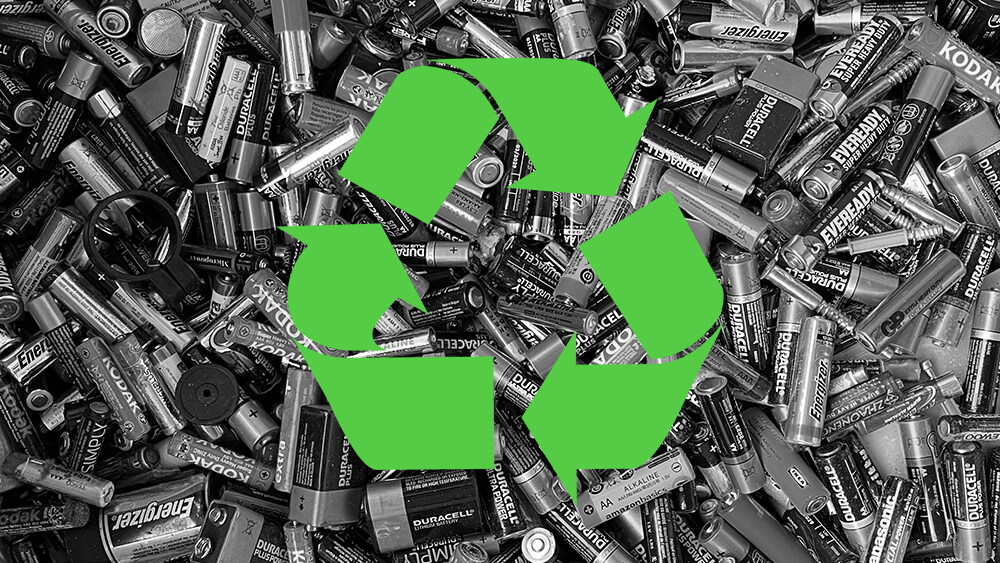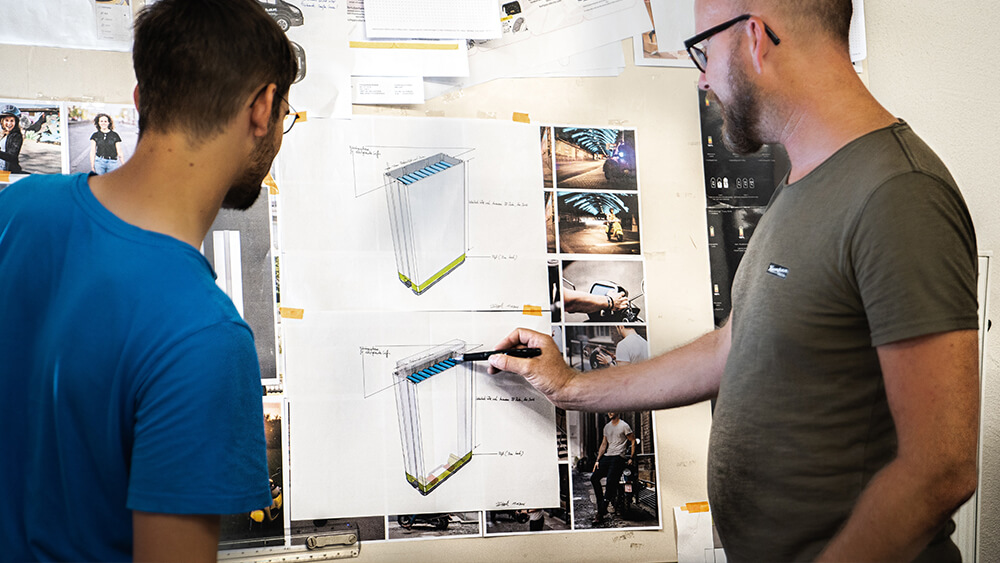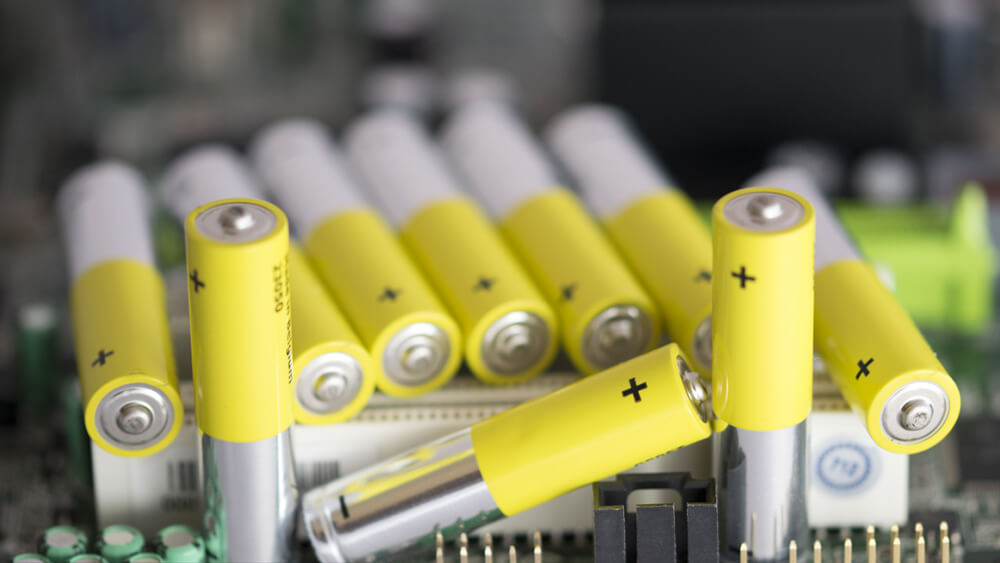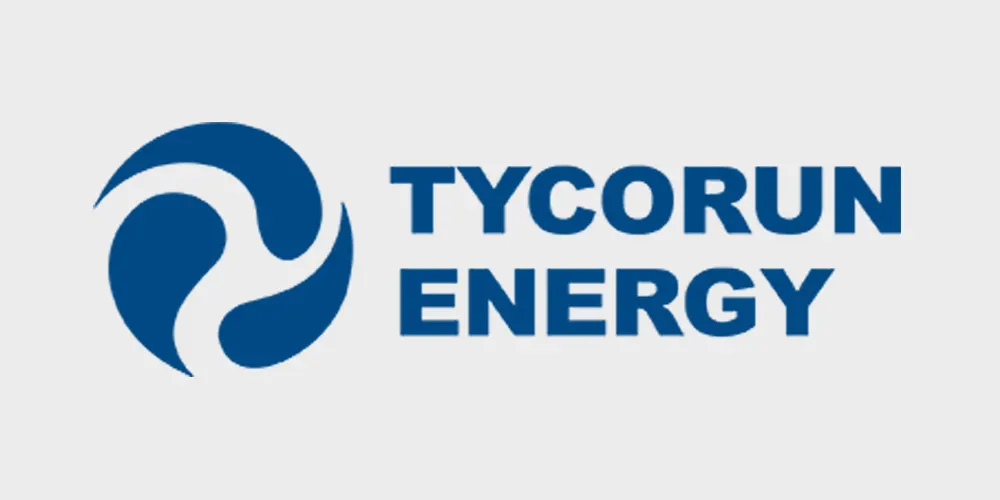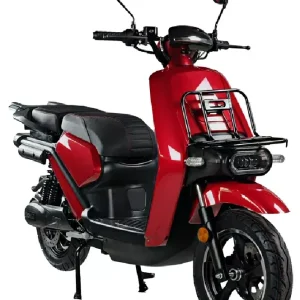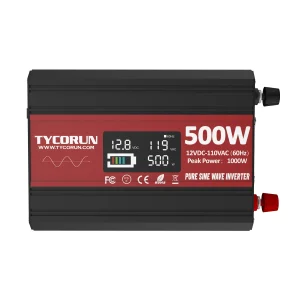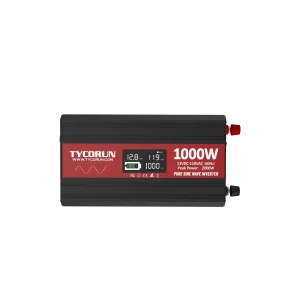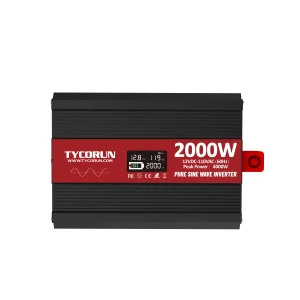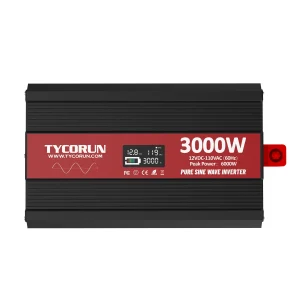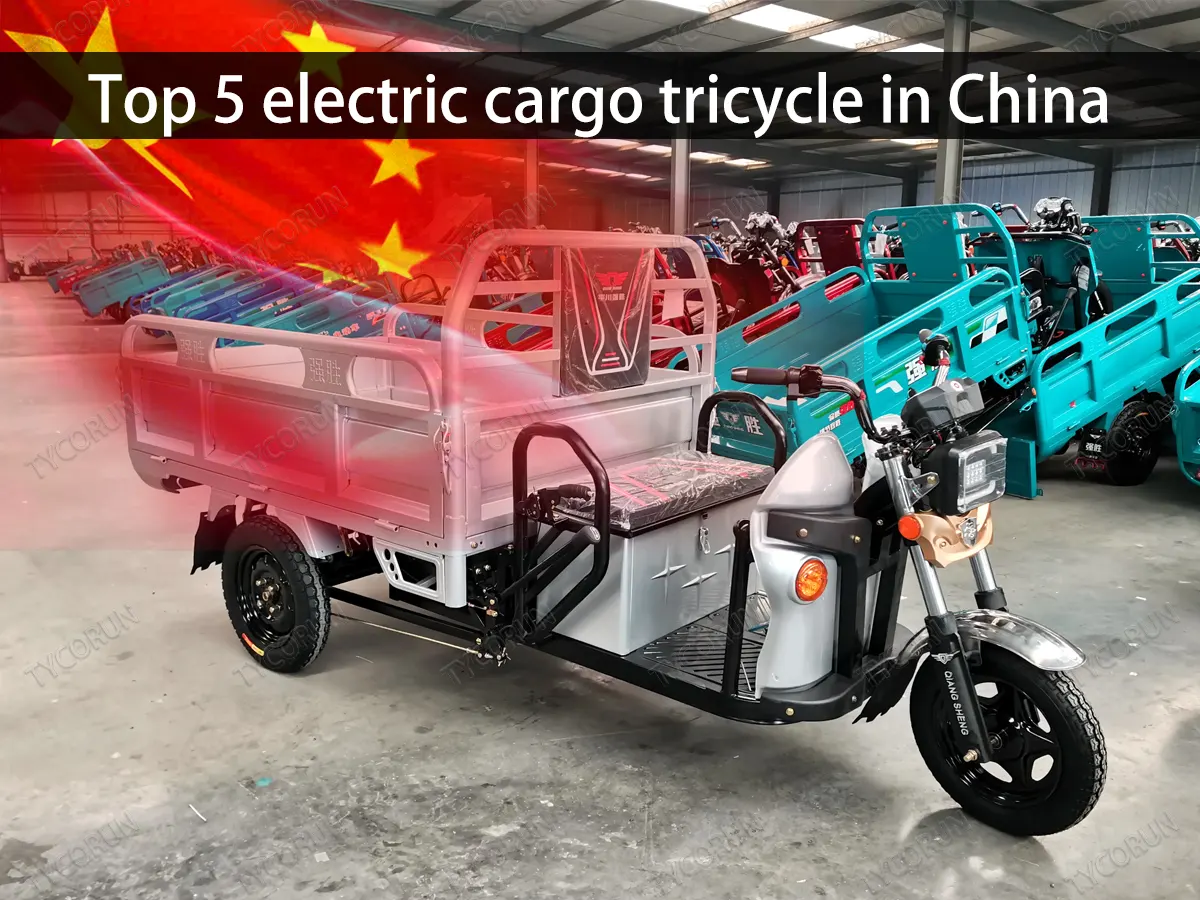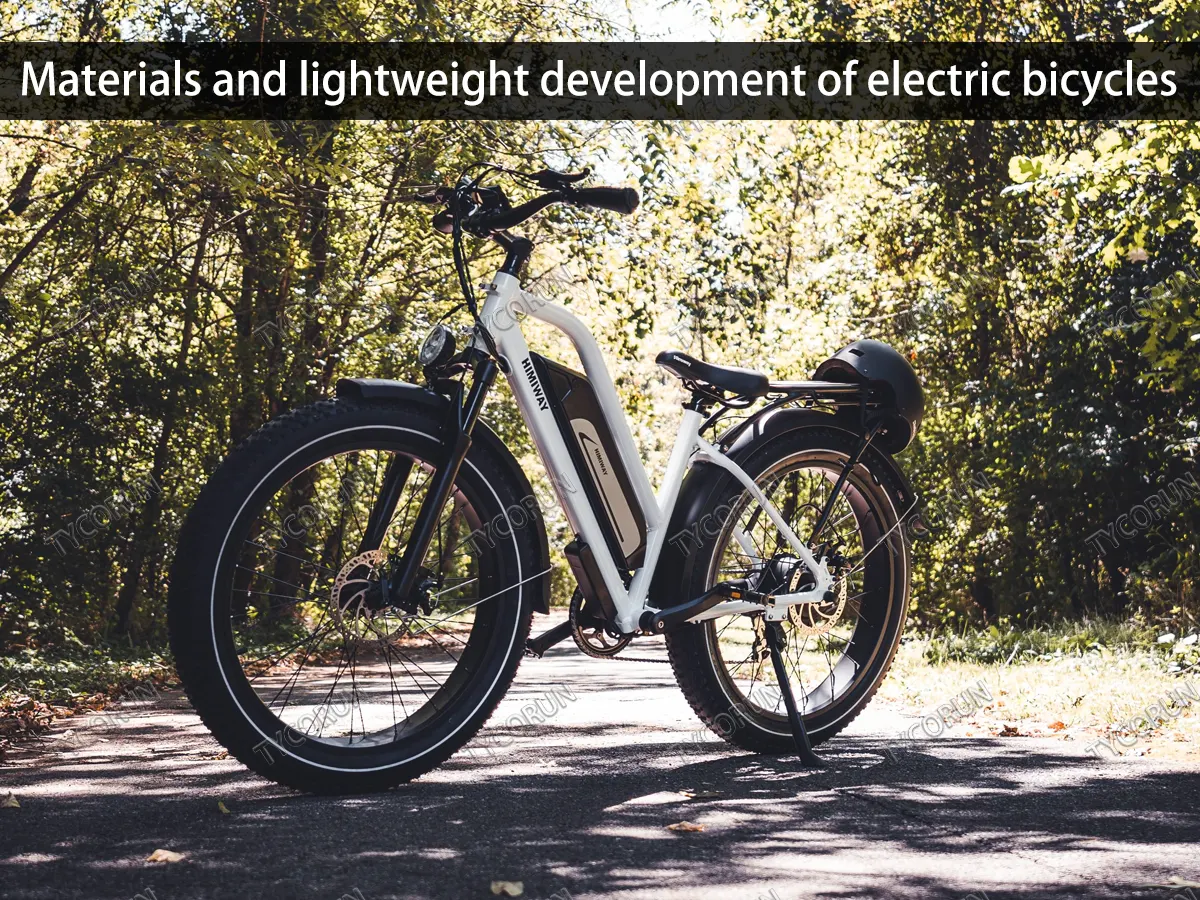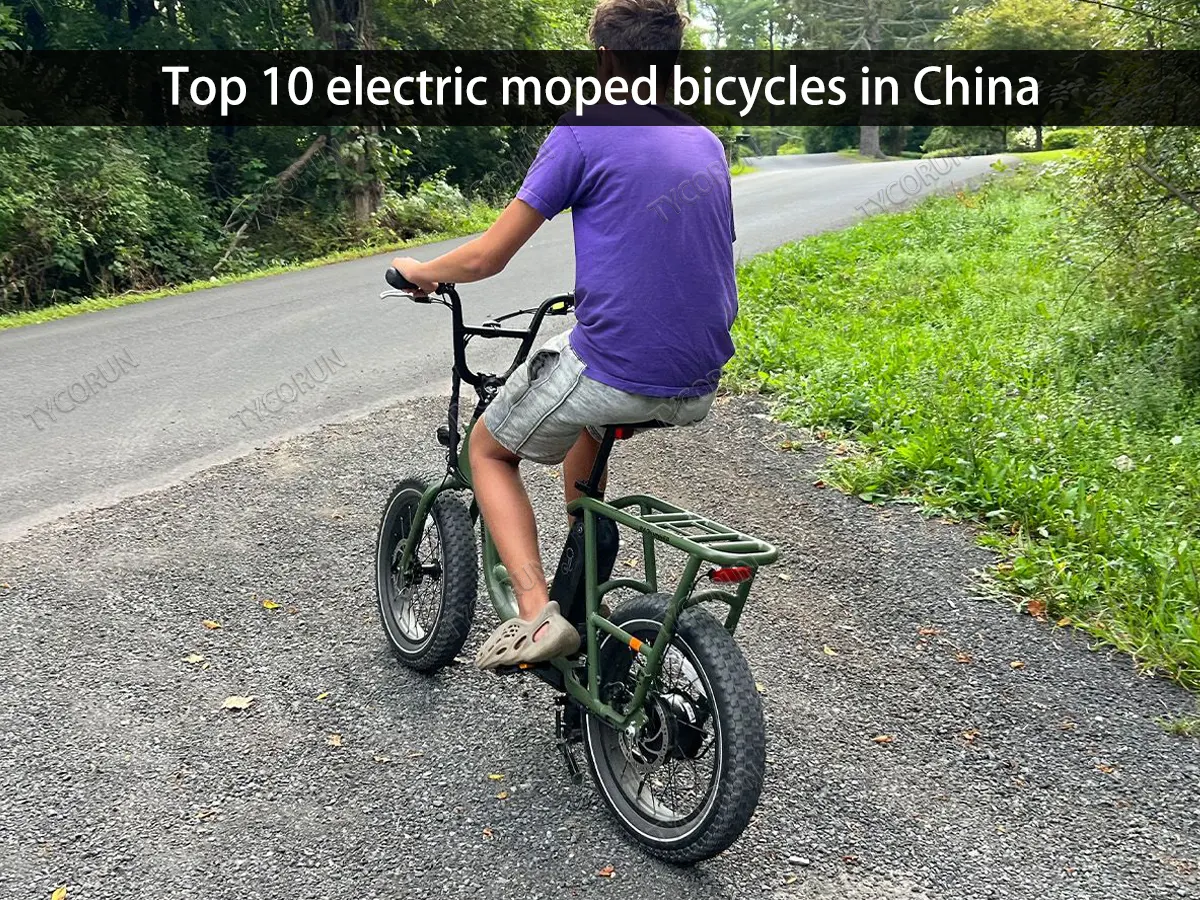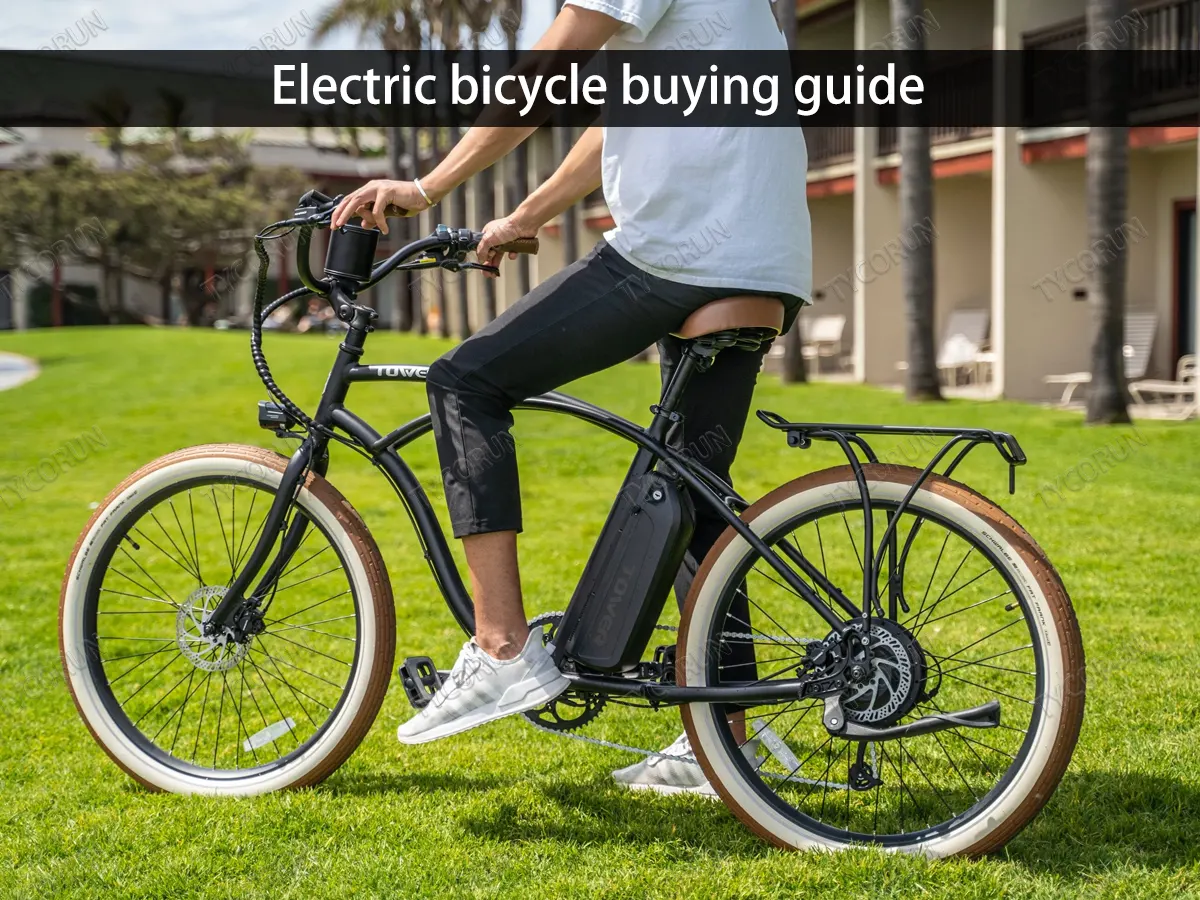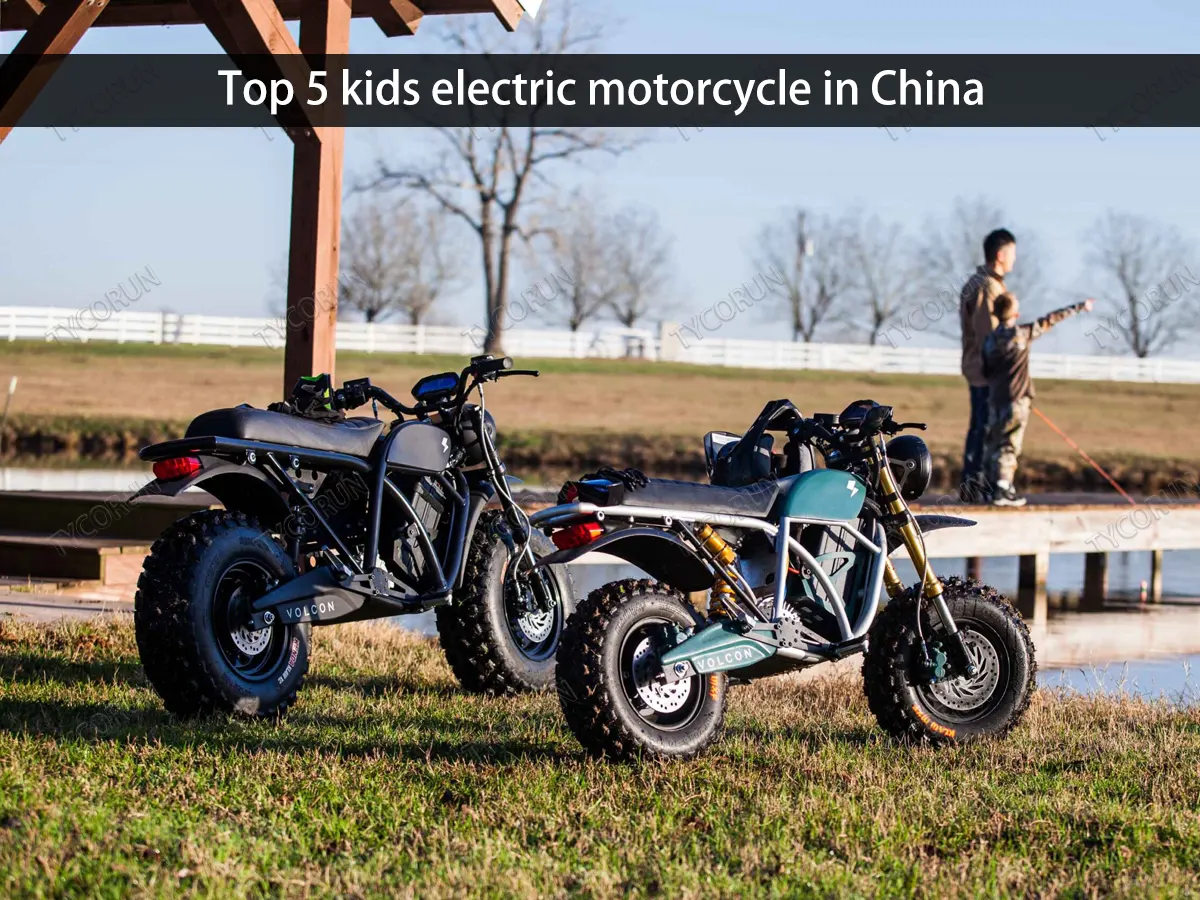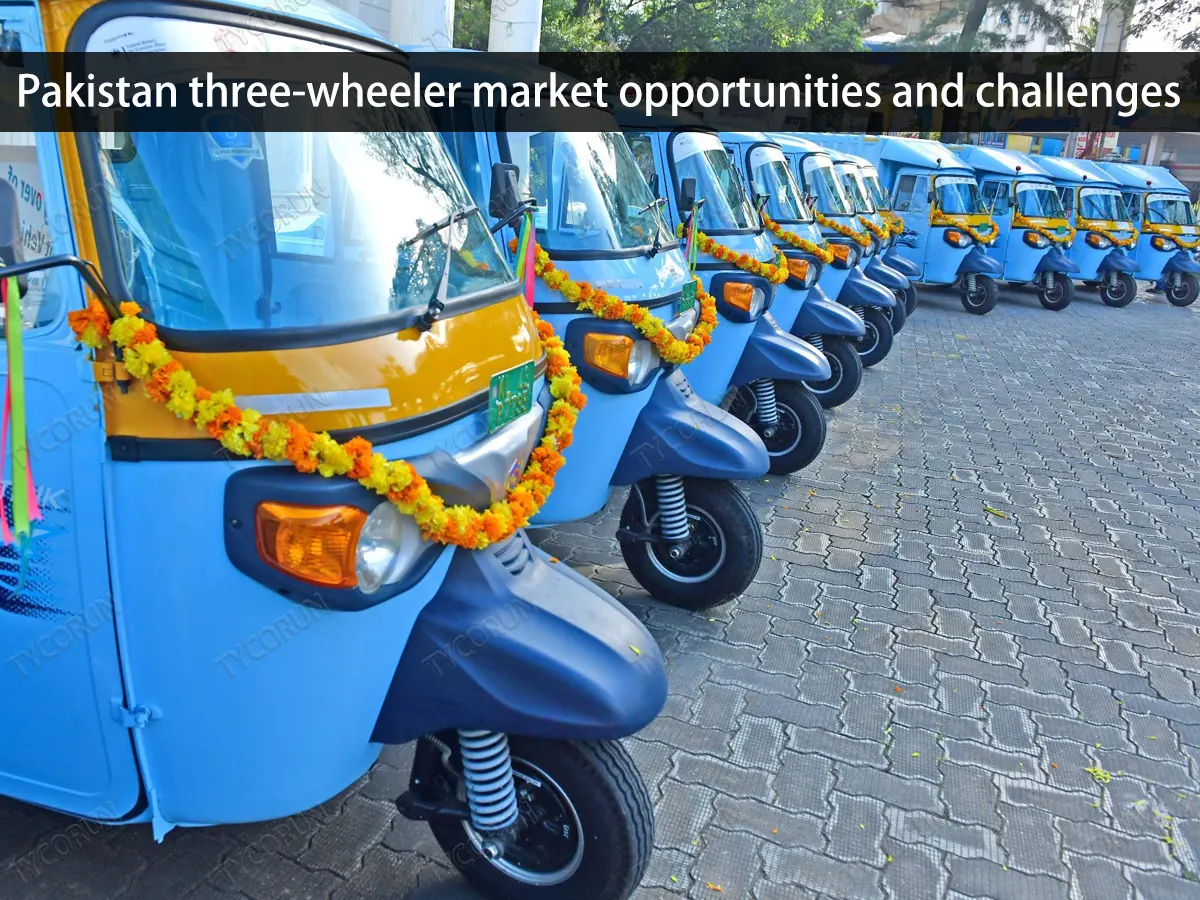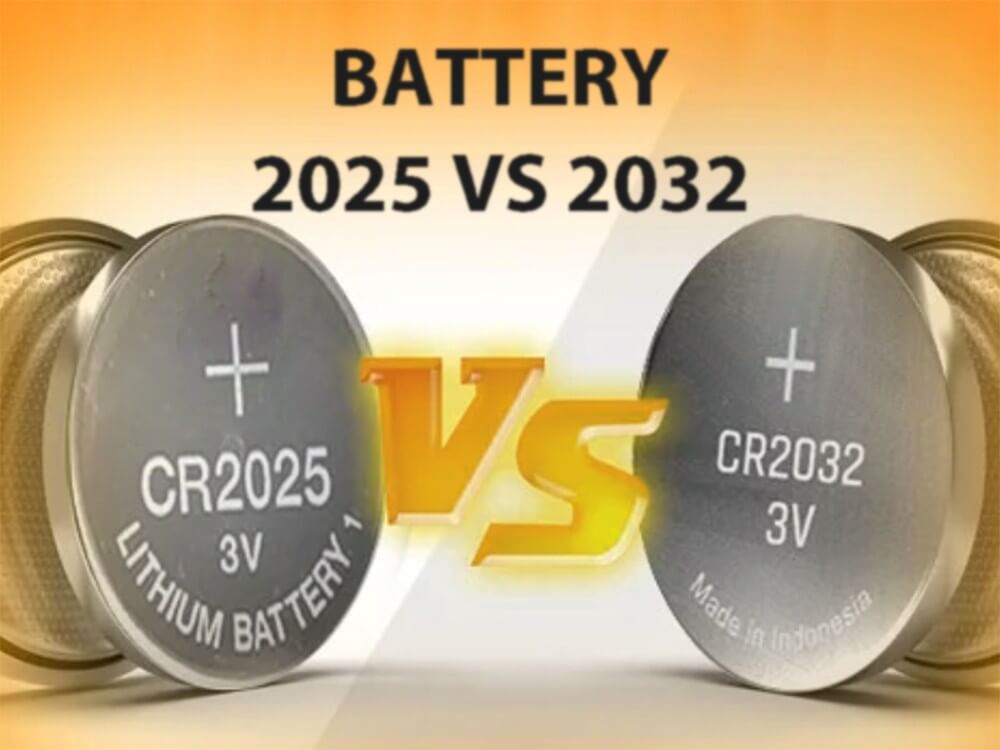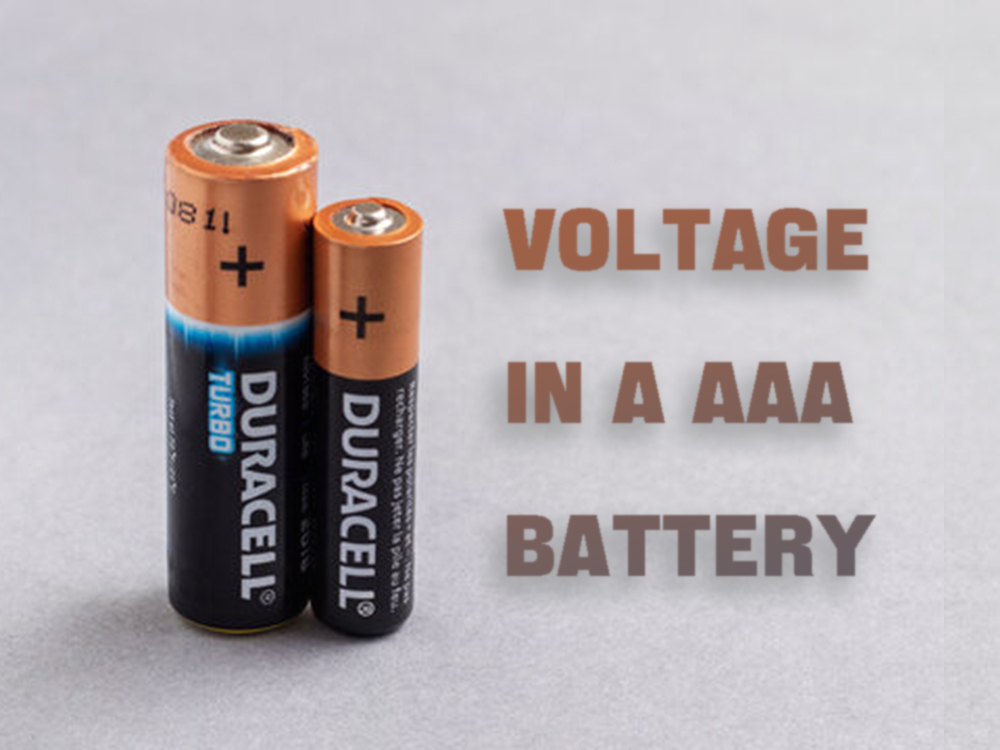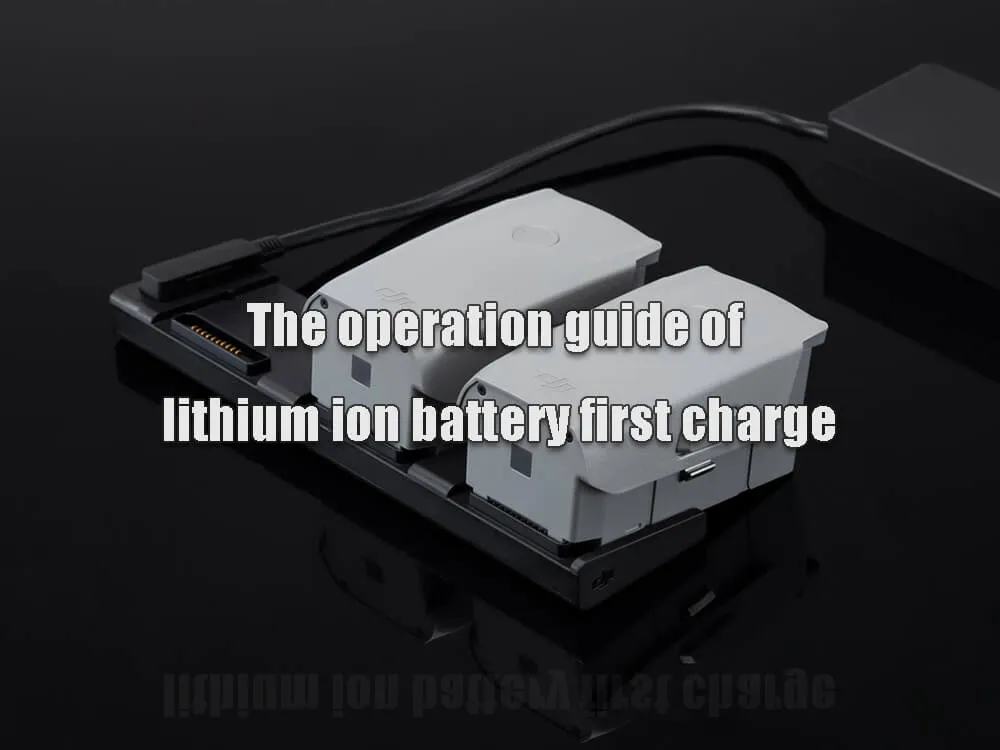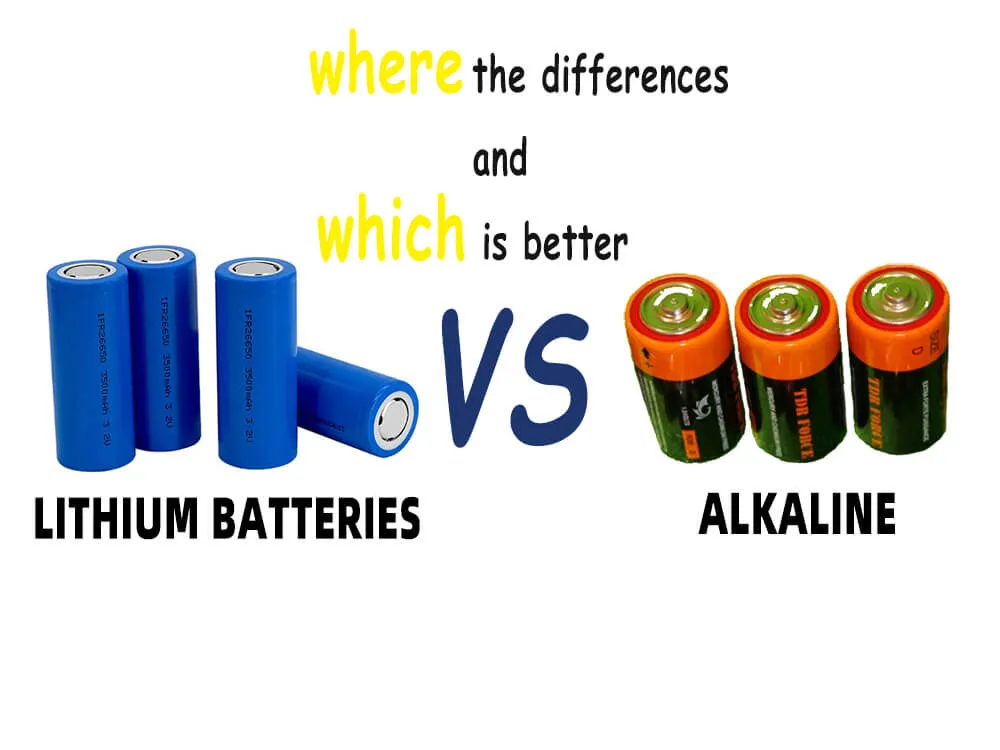Home » battery news » Will recycled car batteries become phone batteries?How is battery recycling?
Will recycled car batteries become phone batteries?How is battery recycling?
Driven by both policies and the market, China’s new energy vehicle industry is developing rapidly. At present, China’s car companies, Wuling, BYD, NIO, Xiaopeng, as well as Tesla of the United States, occupy most of the Chinese new energy vehicle market, and the proportion of new energy vehicles in the market is getting higher and higher. So far, the number of new energy vehicles in China is 6.78 million.
With the rise of the new energy market, problems related to power batteries have become the focus of attention, such as safety, endurance, etc. However, we have to think about another problem related to power batteries, that is, the battery recycling problem when it is retired.
Why power battery recycling is a problem?
At present, we are facing this problem, that the first batch of power battery for new energy vehicles put into the market is facing “retirement”. Data show that in 2020, the cumulative decommissioning of power batteries in China is about 200,000 tons, and is expected to be close to 800,000 tons by 2025.
What to do with all these batteries and how to realize the battery recycling, become an imminent development problem.
As we all know, the circle life of the current power battery is usually 4-6 years, after which the life of the power battery will not be enough to support the running of electric vehicles. China is expected to see its first batch of power batteries retired this year, the problem of battery recycling is just around corner.
Battery is the power source of electric vehicles, when the power battery energy attenuation to 70%-80%, basically it will be retired. Because at this time, it can no longer meet needs for electric vehicles.
On the one hand, battery pollution is a very serious problem, so the battery recycling and reuse has become a problem must to face, not only China, this is an important issue in front of all countries.
International competition to lithium battery recycling
Facing retired electric vehicle batteries, countries around the world have also made a lot of planning in power battery recycling. Not long ago, Science magazine published an article about the electric vehicle battery recycling.
According to the article, the electric vehicle battery recycling will face great challenges, and governments around the world are gradually requiring a certain degree of recycling. In 2018, China implemented regulations aimed at promoting the reuse of battery components in electric vehicles.
The European Union is expected to release the first round of requirements for battery recycling for electric vehicles this year. In the U.S., the federal government hasn’t promoted recycling requirements for electric vehicle batteries, but several states, including California, are exploring battery recycling strategies.
On Sept. 23, Ford announced a $50 million investment in an electric-vehicle battery recycling company that recycles 95 percent of the precious metal in batteries, according to a Ford statement.
And Ford says it is working on a way to sell useful battery components to other companies, effectively closing the loop and recycling useful resources to ease resource constraints in the ev battery industry.
In addition to Ford, Mercedes Benz established a joint venture to prepare for the reuse of batteries. As early as 2018, China Began to prepare a battery recycling plan. China Iron Tower once formed a battery recycling alliance with Chongqing Changan, BYD, Gotion High-tech and other enterprises to use the recycled batteries for base station storage backup.
China, Japan and Korea, which produce a large number of lithium-ion batteries, have mature technology for lithium-ion battery recycling. Guangdong Bangpu, a Chinese company, recycles 120, 000 tons of batteries a year.
That’s the equivalent of more than 200,000 electric cars using lithium, cobalt and nickel that could be effectively reused. Chinese policies are encouraging the battery recycling away from reliance on imported ore.
China has also issued many policies for the power battery recycling, standardizing and guiding the battery recycling to promote the secondary utilization of batteries. However, in the face of more and more huge new energy vehicle industry, ev battery recycling is not a easy problem for most enterprises.
Battery recycling is faced with three challenges: difficult dismantling, low economic value and difficult estimation of battery residual value. The burden of battery recycling far outweighs the benefits of a huge industry.
Statistics show that China’s current business scope includes “battery recycling” there are more than 3,000 enterprises, but most of them are small and medium-sized enterprises, and even some small workshops, even recycling standards are not up to, it is difficult to form a good industrial scale.
How to realize battery recycling
As is known to all, waste batteries will cause great pollution to the environment if not handled properly. 20 grams of mobile phone batteries can pollute 1 square kilometer of land for about 50 years.
Electric vehicle power battery like ternary lithium battery, containing nickel, cobalt, manganese and other heavy metals, lithium hexafluorophosphate in the battery electrolyte is easy to hydrolyze in the air environment to produce phosphorus pentafluoride, hydrogen fluoride and other harmful substances, bringing great threat to the environment.
At present, there are two main ways to realize power battery recycling in the recycling market: the first is element recycling, which extracts the metal resources contained in ternary lithium batteries and lithium iron phosphate batteries for secondary utilization.
The second is the echelon use, which is to disassemble waste batteries into small modules to form small batteries and put them into products with low electricity consumption such as solar street lamps and power tools.
The first is the element recycling. China has reserved rare metal minerals as strategic resources. Therefore, recycling and utilization of metal elements in power batteries can not only better develop circular economy, but also effectively alleviate long-term dependence on such resources.
In these typical recycling processes, the battery is shredded by a machine into a metal mixture before being broken down into its constituent elements. The process is either melted in a furnace (pyrometallurgy) or dissolved in a strong acid (hydrometallurgy). Finally, the metal is precipitated out of the solution as a crystal.
Today’s car batteries may last 20 years, even longer than the life of the car itself. However, after the power battery is retired from the automobile, it can be used in the fields of low-speed electric vehicle, electric forklift, communication base station standby power and small-scale distributed home energy storage.
That leaves plenty of room for lithium-ion recycling battery, and researchers are working to make the process more economical.Depending on the application scenario, the power battery life can be used to about 40% to 60% of the initial capacity of the battery.
However, for some car companies and lithium-ion battery manufacturers, battery recycling is actually a burden, because the economic benefit of echelon use is relatively low, and many car companies are not willing to recycle retired batteries. Therefore, industry experts suggest that as for the power battery recycling, we need to strengthen the producer’s responsibility extension system.
In this respect, BMW’s plan may be a good reference. BMW said on June 18 that it will establish a comprehensive management process for high-voltage power battery recycling at dealers in China by deepening cooperation with professional battery transportation and battery recycling partners.
The process starts with dealers collecting high-voltage batteries and logistics providers shipping them to qualified companies for evaluation.
According to the different state of these batteries, the appraisal will decide whether to continue to use these batteries for power storage, or to install them on forklifts for further use, or to disassemble them by a professional company and reuse the metal materials by a raw material company.
At the same time, BMW is also developing more battery echelon utilization scenarios. In the future, they plan to use BMW retired batteries in the energy storage equipment of the energy demonstration station.Industry insiders believe that as for retired battery recycling, BMW’s move undoubtedly has a positive demonstration effect and great influence.
Although the power battery recycling still needs to be improved, the government and enterprises are also trying to explore feasible solutions. At the same time, some innovative models have also made preliminary preparations for the unified recycling and management of batteries.
For example, the electric switching mode of new energy vehicles operated by SAIC and NIO makes centralized management of power batteries easier, and also establishes unobstructed channels for centralized battery recycling. The mode of echelon use will also be further promoted. Power battery recycling will also be easy with the addition of power change mode.
Battery recycling will grow rapidly in the foreseeable future
Although the current development of the power battery recycling industry is not perfect, but in the foreseeable future, with the improvement of battery recycling technology and the establishment of relevant regulations, as well as the development of new energy vehicles, the battery recycling industry will develop at a high speed. Because power lithium batteries are valuable, harmless (easy to recycle) and have a larger scale.
Power lithium batteries are more harmless
At one time, conventional gasoline-powered cars used lead-acid batteries. While lead is toxic, these lead-acid batteries are classified as toxic or hazardous waste and recycled. Even without recycling, lead-acid batteries cost less than lithium-ion batteries, but manufacturers still have a well-established battery recycling system that helps keep costs down.
In the end 98% of lead-acid batteries are recycled. So there is no reason why more expensive lithium-ion batteries should not be recycled, especially at a time when there is still a lot of room to increase the production capacity of lithium-ion resource.
Given the increasingly severe climate change situation and the determination of countries to reduce carbon emissions, the low-cost recovery of lithium batteries is almost certain to be implemented in response to all kinds of policy support and practical input. The use of “second-hand” lithium ion mobile phone batteries will also become commonplace.
The value of power lithium battery recycling is higher
First of all, new energy vehicles can be directly recycled. After the scrapping of new energy vehicles, their core components can also be used as remanufacturing components, especially the power lithium battery pack with the highest value, which can be directly used for the after-sales service of similar models, echelon use and recycling.
Secondly, the dismantling and recycling value of power lithium battery is not lowIn particular, the cobalt and nickel recovered from ternary lithium batteries are of great value.Prices of cobalt rose from 200,000 tons to 700,000 tons recently.
And nickel has already risen from more than 60,000 a ton to about 130,000 a ton. In contrast, after a sharp rise, the current price of aluminum ingots is less than 20,000 / ton, and the price of copper is less than 70,000 / ton.
Power lithium battery has large volume and high capacity
Consumer lithium batteries are abandoned seriously, mainly because consumer lithium batteries such as mobile phone batteries or digital lithium batteries have small capacity and scattered storage, difficult to recycle, and with high cost and low income, so few people willing to engage in battery recycling.
Retired on-board power lithium batteries are measured by how many KWH or how many tons, it is a good business, so retired power lithium batteries and consumer lithium battery life is different from battery recycling.
Maybe because of the development of power lithium battery recycling, also will change the life of a retired consumer lithium batteries.The fate of retired consumer lithium batteries will change in the future, perhaps due to the development of power lithium battery recycling business.




